RSS

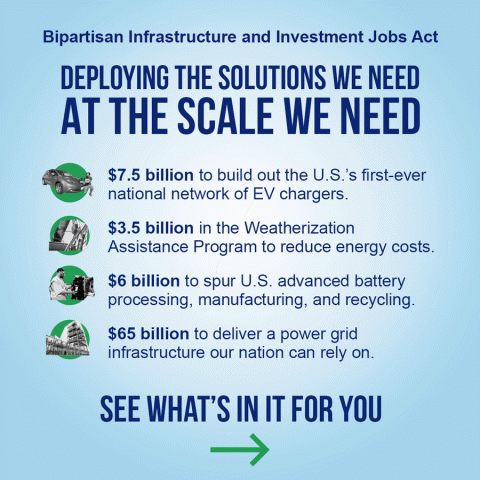
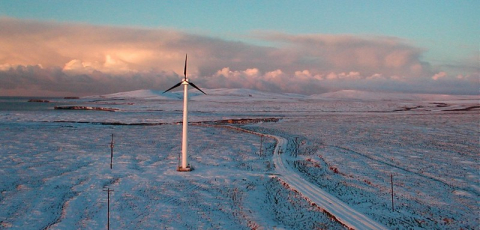
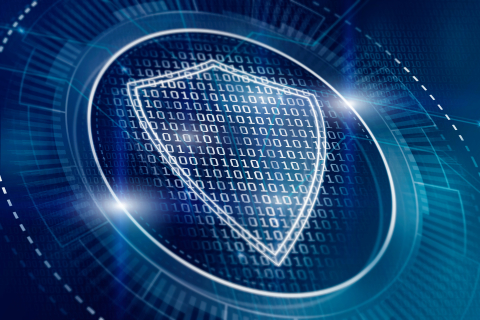
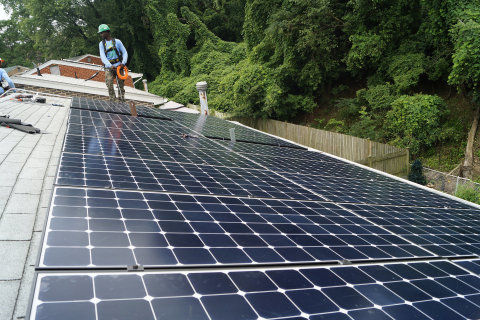
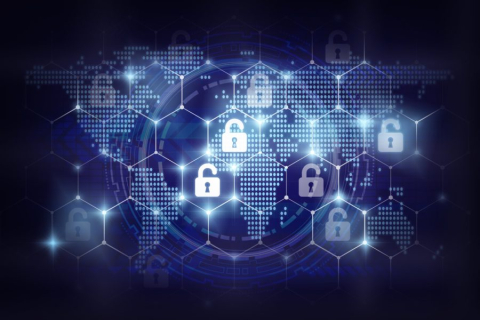
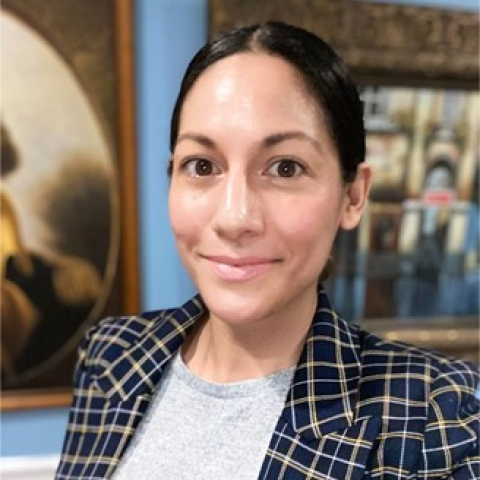
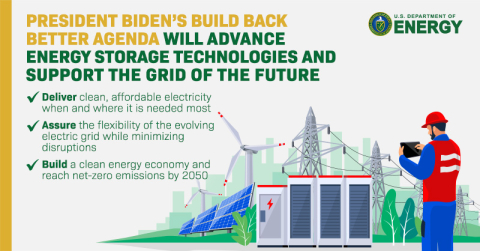

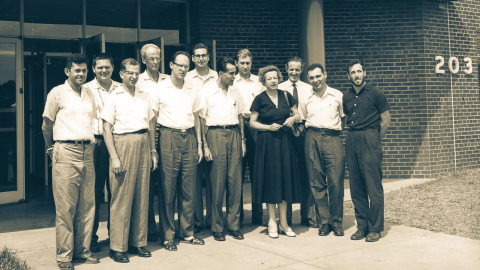

Two DOE-funded projects, Net Zero and Go Solar, are advancing the Akwesasne Housing Authority's mission-driven push toward a clean energy future for the Saint Regis Mohawk Tribe, and women are leading the charge.

This week, we at the DOE had one thing on our minds: deployment, deployment, deployment. Read more about it here.

DOE employees are on the ground helping Alaskans build wind projects, install solar panels, extract electrical power from moving water, design energy-efficient structures, and transition to electric transportation. Learn more.

In April 2021, the Biden Administration launched an Industrial Control Systems Cybersecurity Initiative to strengthen the cybersecurity of the critical infrastructure across the United States.

If you’re thinking about replacing your roof, considering adding solar at the same time. Researchers estimate that the average savings could amount to $4,000.

Cyber threats to our nation’s energy systems are rising. For the Department of Energy (DOE), the resiliency and security of America’s energy infrastructure is a top priority.

Preventing the proliferation of nuclear weapons around the world and averting the use of radioactive materials by domestic and international criminal elements are major NNSA missions that Paloma Richard has contributed to since joining the agency in 2010.

When it comes to solar and wind power, a common question that people ask is, what happens when the wind isn’t blowing and the sun isn’t shining? The answer is in batteries, and other forms of energy storage.
EM hiring managers and workforce management recruiters at the Hanford Site recently participated in two national virtual career fairs to interact with potential employees.

Four early-career scientists received Argonne’s 2022 Maria Goeppert Mayer Fellowship for their outstanding potential.

